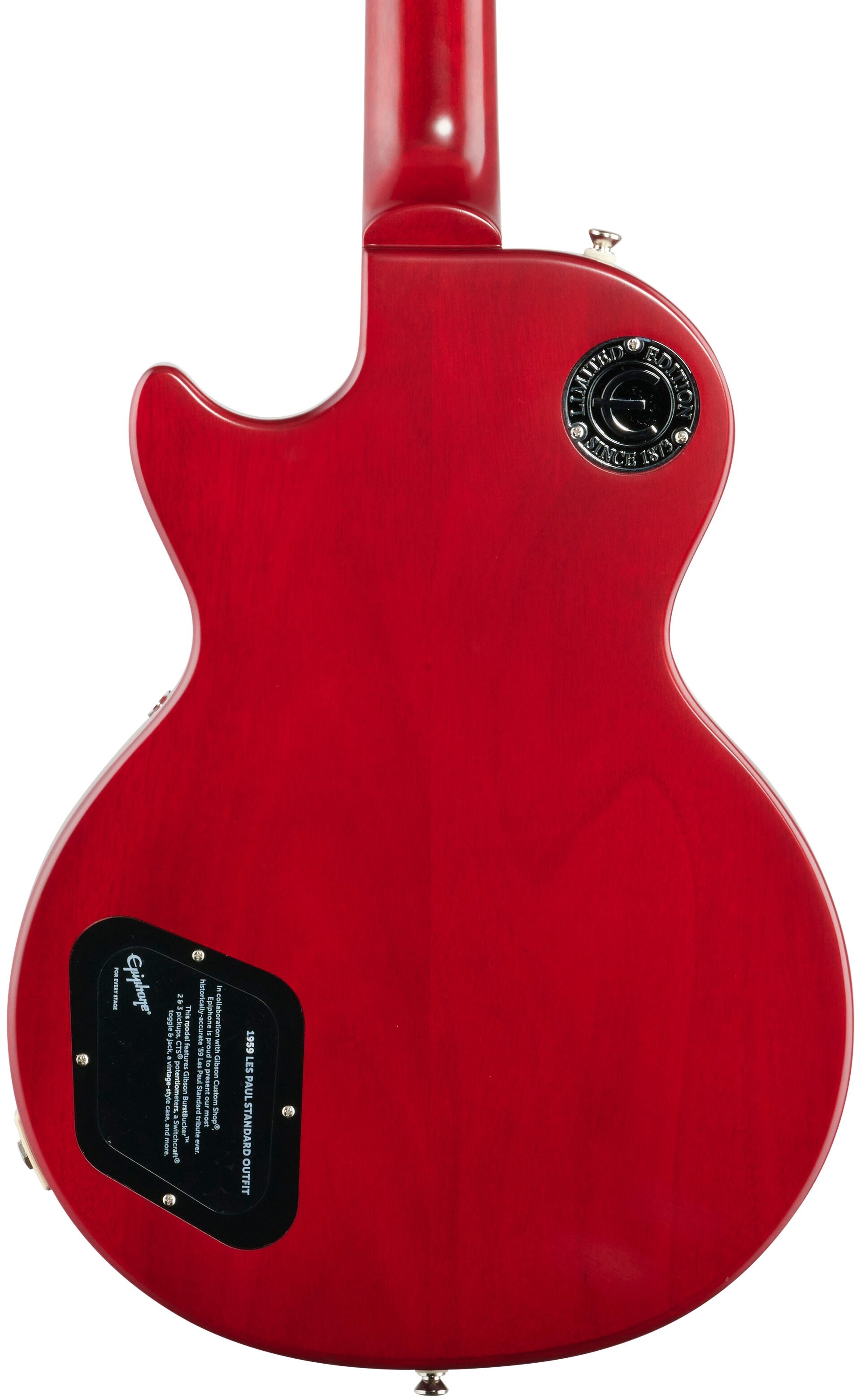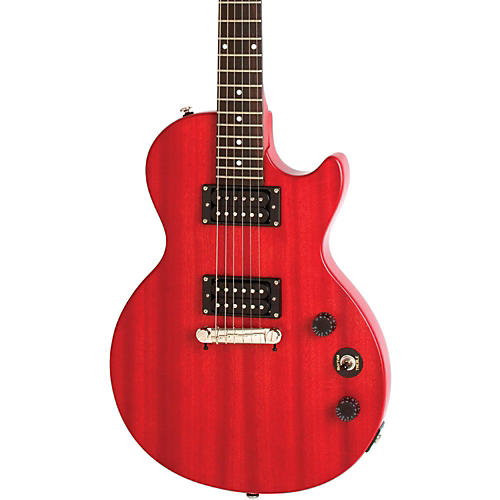
Thirdly are models which are exclusive to the Epiphone brand without equivalent models produced under the Gibson brand, such as the Epiphone Coronet.Īs of January 2021, Epiphone was marketing guitars under several lines, including several categorized on their website as "inspired by Gibson" for models that serve as the budget Gibson version. Occasionally, the Epiphone version of the guitar is historically better known, for example the Epiphone Casino, functionally identical to the Gibson ES-330, is better known due to its close association with artists such as The Beatles. Secondly, Epiphone has also been used to brand models under alternate names, but are otherwise similar to more expensive Gibson-branded guitars, for example the Epiphone G-400 is functionally equivalent to the Gibson SG, and the Epiphone Dot is essentially a budget version of the Gibson ES-335. Firstly, Epiphone is used as a "budget brand" for Gibson, producing identically-named but lower-priced versions of popular Gibson models, such as the Epiphone Les Paul, which serves as a budget model comparable to the Gibson Les Paul. Historically, Epiphone branded guitars have fallen broadly into three categories. Since then, the brand has been used for a number of different guitars, some manufactured by Gibson itself in its own factories, and some manufactured by other companies such as Matsumoku under contract to Gibson and marketed under the Epiphone brand. In 1957 the company was acquired by Gibson. In 1951, a four-month-long strike precipitated a relocation of Epiphone from New York City to Philadelphia. After Epi died in 1943, control of the company went to his brothers, Orphie and Frixo. The company produced its recording line of banjos in 1924 and, four years later, took on the name of the Epiphone Banjo Company. Just after the end of World War I, the company started to make banjos.

After two years, the company became known as The House of Stathopoulo. Anastasios died in 1915, and his son, Epaminondas ("Epi"), took over. Stathopoulos moved to the United States in 1903 and continued to make his original instruments, as well as mandolins, from a factory at 35-37 36th Street in Long Island City, Queens, New York.

Aside from guitars, Epiphone has also made double basses, banjos, and other string instruments, as well as amplifiers. Today, Epiphone is still used as a brand for the Gibson company, both for budget models of other Gibson-branded products and for several Epiphone-exclusive models. Over time, as Gibson moved its own manufacturing operations to other facilities, Epiphone followed suit Gibson has also subcontracted the construction of Epiphone products to various facilities in the US and internationally. Gibson relocated Epiphone's manufacturing operation from its original Queens, New York factory to Gibson's Kalamazoo, Michigan factory. was purchased by Gibson, its main rival in the archtop guitar market at the time. After taking over his father's business, Epaminondas Stathopoulos named the company "Epiphone" as a combination of his own nickname "Epi" and the suffix " -phone" (from Greek phon-, "voice") in 1928, the same year it began making guitars. Electric, acoustic, archtop & resonator guitarsĮpiphone is an American musical instrument brand that traces its roots to a musical instrument manufacturing business founded in 1873 by Anastasios Stathopoulos in Smyrna, Ottoman Empire and moved to New York City in 1908.


 0 kommentar(er)
0 kommentar(er)
